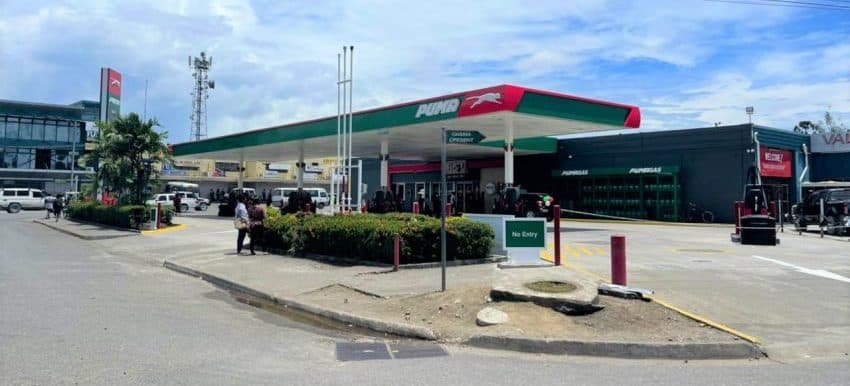A fuel crisis is imminent with fuel and liquid gas supplier Puma Energy reducing its Papua New Guinea operation.
Effective last Thursday, Puma Energy started to issue termination of contract notices to customers.
Early in February, 2023, Puma issued a similar alert when it was hit with a foreign exchange crisis that forced the LPG supplier to shut down, except to emergency service providers such as hospitals and law enforcement agencies.
A similar scenario presented itself in July 2022 when Puma Energy raised concern over its treatment under the Bank of PNG (BPNG) Special Purpose Audit (SPA) and the removal of FX markets access.
A status report on SPA was not immediately available but it is understood it has been completed and Puma has been cleared by it.
When the Bank South Pacific threatened to close down Puma Energy’s accounts by 08 March, Puma rationed its supplies and graduated its accounts to Kina Bank. But the latter does not have the capacity to service Puma’s large forex requirements.
This has precipitated the latest crisis.
Puma Energy chairman and managing director Hulala Tokome said they would need US$50 million (K188.3 million) in foreign exchange orders every month to trade and restock all pumps.
Effectively, this also meant suspending all of the company’s previously planned US$150 million (K562.63 million) growth investment programme.
“Puma Energy has begun to issue termination notices to customers.
“Remaining fuel stocks will be allocated to emergency services and critical infrastructure,” Tokome said.
“We, once again, urge the Government to form a task force with the utmost urgency to ensure the country can continue to be supplied with fuel.”
He said in the meantime, Puma Energy would continue to try and renegotiate contracts with new terms for lower volumes.
He said the arrangement on Puma Energy’s fuel reserves would be in place until viable solutions could be put in place to return the business to its full scale.
“Puma Energy’s decision to reduce its business in PNG comes after careful consideration and extensive engagement with various government stakeholders, including BPNG. “We have exhausted all available avenues to maintain our full operations,” Tokome said.
